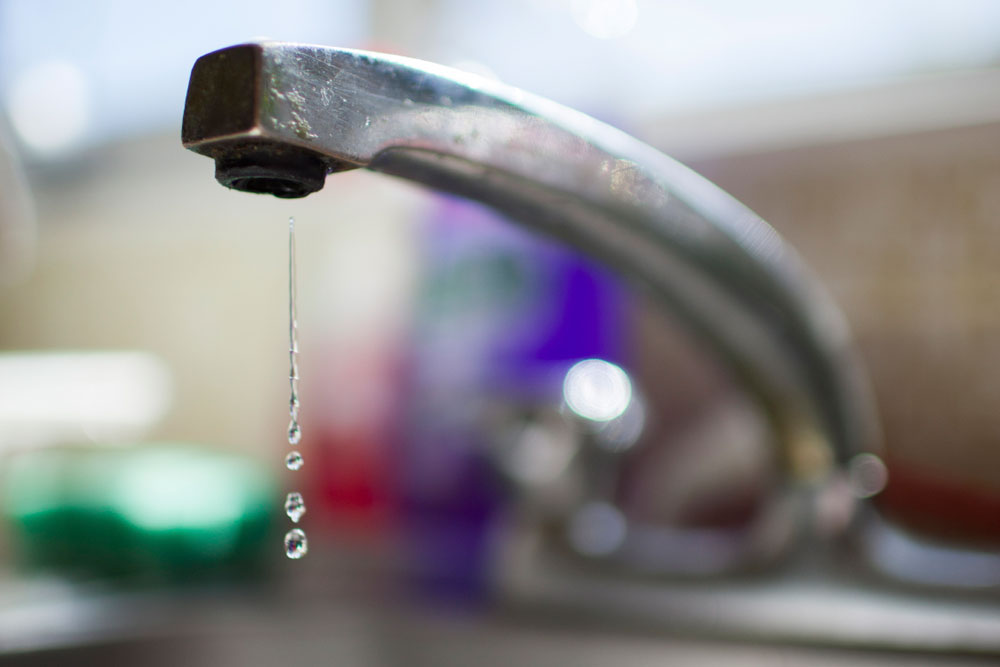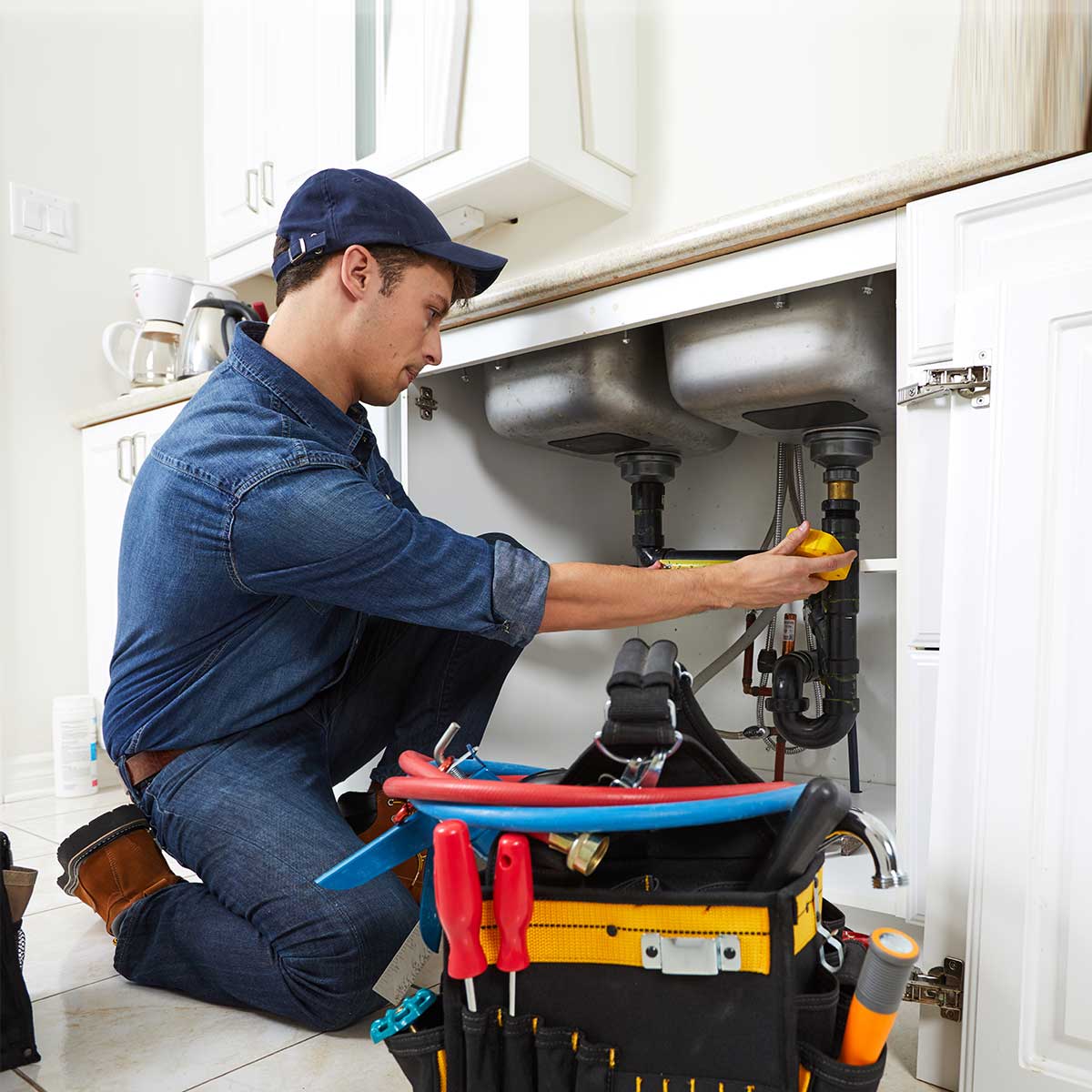Just how do you really feel when it comes to Reasons for Water Heater Leaks?

"Be careful of little costs. A little leakage will certainly sink a great ship." - Benjamin Franklin.
He couldn't have been more ideal since water leaks in our houses cause a waste of resources, raising our water expenses. This increase may seem negligible at first, it can lead to significant costs that can break your financial institution. Other than a boost in expenses, water leaks likewise trigger unwanted organic development, architectural damage, and also also electric threats.
Identifying if you have a water leakage isn't constantly very easy due to being unable to see the majority of the pipework in your home. Nevertheless, If you have had a boost in your water expenses lately, observed water spots on ceilings and wall surfaces, scented poor odor, and so on. You could intend to consider requesting plumbing services to get it looked into.
There are numerous causes of water leaks, and we have put together the common factors listed below. Inspect to see if you have actually had related concerns in your house lately.
Compromised pipeline joints
Pipe joints are the parts of our plumbing system where the pipes link. They are the weakest factor of our plumbing system. As a result, they are a lot more vulnerable to deterioration. It is essential to note that despite the fact that pipelines are made to withstand pressure as well as last for a while, they weren't created to last forever; consequently, they would certainly deteriorate gradually. This damage could cause splits in plumbing systems. An usual sign of damaged pipe joints is excessive noise from faucets.
High water stress
You noticed your house water pressure is more than common however then, why should you care? It runs out your control.
It would certainly be best if you cared because your ordinary water stress ought to be 60 Psi (per square inch) and although your home's plumbing system is made to endure 80 Psi. A boost in water pressure can place a pressure on your home pipes and cause fractures, or even worse, burst pipes. Get in touch with an expert regarding controling it if you ever before discover that your residence water stress is higher than normal.
Deterioration
As your pipework grows older, it obtains weak and also more susceptible to rust after the regular passage of water with them, which can eat away at pipes and create fractures. A noticeable indication of rust in your home plumbing system is discoloration and also although this could be difficult to find because of the majority of pipelines hidden away. Once they are old to make certain a sound plumbing system, we advise doing a regular examination every couple of years as well as transform pipes
Blocked drains
Food fragments, dirt, and oil can create stopped up drains and obstruct the flow of water in and out of your sink. If undealt with, boosted pressure within the rain gutters can trigger an overflow and end up breaking or rupturing pipes. To avoid stopped up drains in your house, we encourage you to avoid putting particles away as well as regular cleansing of sinks.
Broken seals
Another reason for water leakages in houses is damaged seals of house devices that use water, e.g., a dish washer. When such home appliances are mounted, seals are installed around water connectors for easy flow of water through the equipment. Hence, a damaged seal can trigger leak of water when in use.
With little or no expertise of plumbing, recognizing your residence's plumbing system adequate to deal with a few of these concerns (without effect) can be an inconvenience. Connect with plumbing experts in Pittsburgh, Divine Superintendence, Rochester, and also environ today, as well as they'll make those problems go away.
He could not have been more appropriate because water leakages in our homes result in a waste of sources, boosting our water bills. If you have had a boost in your water costs lately, saw water spots on ceilings and walls, smelt lousy odor, etc. A boost in water pressure can put a strain on your residence pipes and also lead to cracks, or even worse, ruptured pipes. One more cause of water leaks in houses is broken seals of home devices that utilize water, e.g., a dish washer. When such appliances are installed, seals are installed around water connectors for easy passage of water with the equipment.
5 TIPS IN DETECTING A WATER LEAK IN YOUR HOUSE
Water leaks can be hard to find in your home, yet they can be so common. We rely on water every day in our home, which is why a leak can cause big problems. By detecting them early, you can save money and further damage, getting the problem fixed as soon as possible. Here are 5 tips to help you detect a water leak in your home, so you can contact a plumber straight away and get the issue sorted.
Check your water meter
Many people underestimate the value of the water meter in their home. It can be one of the best ways to tell if you have a leak early on, so you can get on top of it before issues start arising. Start by turning off all the water in your home: taps, washing machine, dishwasher, etc. Now take a look at the meter – if it’s still changing with everything turned off, it’s likely you have a fast-flowing leak that you need to get on top of straight away. If nothing changes, then leave your meter for an hour or two and come back to it. Did it change in this time? It’s likely you have a slower leak, which isn’t as urgent but still handy to get fixed so it doesn’t become a bigger problem.
Keep an eye on your bill
Another good way to detect a leak in your home is by keeping an eye on your water bill. It helps if you have a past bill from the same period of time. You can compare like for like and determine whether your water usage has increased significantly. If it has, there may be a leak in your system that you haven’t picked up before. A professional plumber can check through all of your pipes and determine where it is coming from.
Look for damage
If you have a leak inside your home, you will notice damage over time. Take a look at your showers and bathtubs and note whether any of the tiles surrounding the area seem to be discoloured or damaged in any way. There may be water stains, mould or peeling material that has resulted from a build up of moisture over time. Make sure you take a look under sinks at the back of cupboards that don’t get accessed regularly. This is where damage can go unnoticed and build up over periods of time.

As a devoted reader about Where to Find Water Leaks, I thought sharing that excerpt was really helpful. Are you aware of somebody else who is intrigued by the topic? Feel free to promote it. Thanks a lot for taking the time to read it.
Plumbing integrity assured.